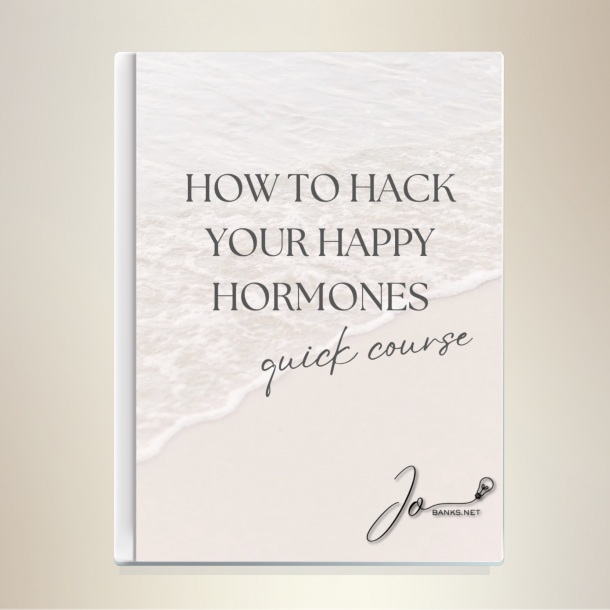In the last few posts, I’ve talked about our Autonomic Nervous System (ANS) and how it plays a significant role in self-sabotage and imposter syndrome. However, another aspect of human behaviour that our ANS is also responsible for is procrastination.
Our brains are designed to keep us alive long enough to procreate; that’s the number one aim of our ANS. As a result, our subconscious mind is always on the lookout for potential threats to our survival.
Procrastination, much like self-sabotage; it’s another form of misguided self-love. Consider this; if you really want to do something, you don’t think twice; you have the idea and get straight into action.
However, if you have to do something that you don’t want to do, within five seconds of the idea popping into your head, your brain will come up with as many plausible excuses as it possibly can to stop you from doing it. This is because your ANS has been activated and is trying to protect you from perceived pain.
This process gets heightened if we are already feeling stressed or the idea of doing the ‘thing’ makes us feel anxious. When that happens, we trigger our fight, flight, freeze, shutting down our ‘thinking brain’ (Pre-Frontal cortex) and activating our more primitive, reactive brain (the Amygdala). So procrastination is, in fact, a form of FREEZING.
It’s also essential to tune into the language you use around procrastination. Whenever you hear yourself saying the word ‘should’, e.g. ‘I should be doing XYZ’, at that moment, you have no intention of doing it. ‘Should’ is a procrastination word. In NLP (Neurolinguistic Programming), we use the term, ‘Stop shoulding all over yourself!’
So, whenever you hear yourself using the word ‘should’, take a deeper look at the thing you’re avoiding and think about what’s causing you to want to sidestep it.
Often we spend more time worrying about what we should be doing than it would to actually do it!
How to Overcome Procrastination
- Ask yourself what you’re stressed about – it might be something concerning the thing you’re avoiding, or it may not! Shining a light on what’s troubling you can often help the worry to dissipate.
- Work for just one minute on the thing you’ve been avoiding – motion creates more motion. Often the most challenging part of doing something is just getting started. But, once you’re in flow, that one small action will likely lead to another and another and another.
- Keep going…! Keep yourself distracted from negative thoughts through action; it’s one of the best ways to keep your worrisome/stressed brain occupied.
In the next post, I’ll discuss another simple, easy-to-use tool for combating procrastination. In the meantime, f there’s anything you’d like to see me cover in upcoming posts, please email me at info@jobanks.net or leave a comment below.



